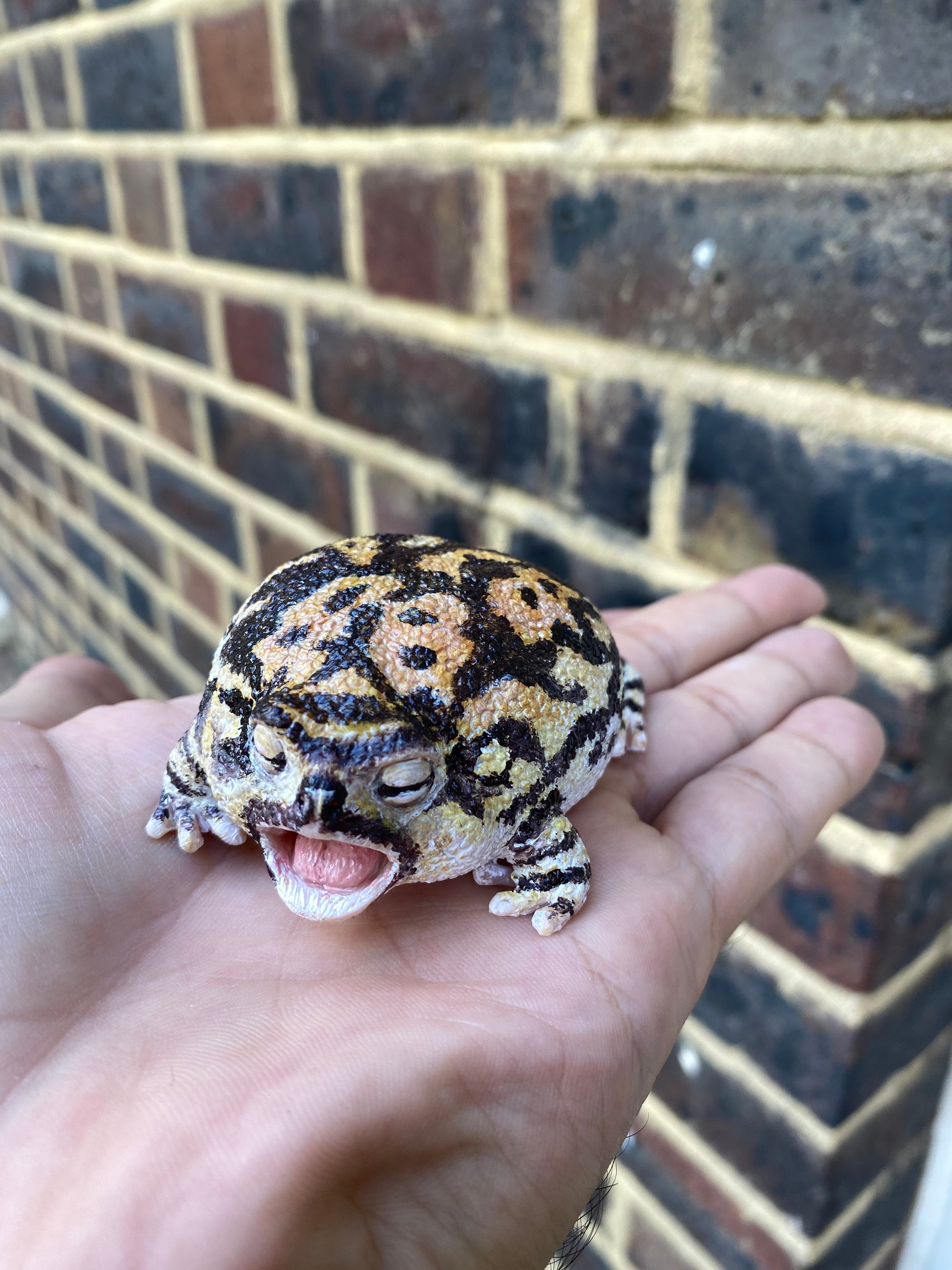Obtain Your Hands on a Rain Frog for Sale: Experience the Pleasure of Unique Pet Ownership!
Obtain Your Hands on a Rain Frog for Sale: Experience the Pleasure of Unique Pet Ownership!
Blog Article
Common Wellness Issues in Reptiles: Symptoms and Solutions
In the intricate world of reptile treatment, comprehending the common health concerns that may affect these one-of-a-kind animals is critical in guaranteeing their well-being. Whether it's grappling with parasitical infestations, navigating dehydration worries, or resolving skin ailments that show up in subtle ways, being attuned to the symptoms and outfitted with the knowledge of reliable services is crucial for any type of reptile owner.
Breathing Infections
Respiratory infections in reptiles can substantially impact their overall wellness and require punctual focus from skilled vets. In reptiles, breathing infections can be particularly challenging to detect and deal with due to their one-of-a-kind makeup and physiology.
Treatment for breathing infections in reptiles typically includes a mix of supportive care, such as maintaining appropriate humidity degrees and temperature gradients in the unit, in addition to targeted medicine to attend to the specific microorganism in charge of the infection. It is important for reptile owners to check their animals closely for any type of signs of respiratory system distress and seek vet care at the earliest indicator of an issue. With prompt treatment and proper therapy, many reptiles can recover totally from respiratory system infections and return to normal activities.

Metabolic Bone Condition
What elements add to the development of Metabolic Bone Illness in reptiles?
Metabolic Bone Condition (MBD) in reptiles is largely brought on by a lack of proper calcium, phosphorus, and vitamin D3 degrees in their diet. When reptiles do not get sufficient calcium, either with their food or correct UVB direct exposure for vitamin D3 synthesis, they are at a high threat of developing MBD. Reptiles with diet regimens reduced in calcium or imbalanced calcium to phosphorus proportions are particularly prone. Additionally, poor direct exposure to UVB light prevents reptiles from manufacturing vitamin D3, which is important for calcium absorption and bone health.
Various other adding aspects to MBD include incorrect temperature gradients within the reptile's habitat, resulting in reduced metabolic rate and impaired calcium absorption. Inadequate moisture degrees can additionally affect a reptile's capability to metabolize calcium effectively. Certain reptile types have certain nutritional requirements that, if not satisfied, can raise the probability of developing MBD. Regular vet check-ups, appropriate husbandry practices, and a balanced diet are vital to prevent Metabolic Bone Disease in reptiles.
Parasitic Problems
Parasitical problems present a substantial health risk to reptiles, influencing their total well-being and calling for punctual veterinary attention. Reptiles can be influenced by numerous bloodsuckers, consisting of mites, ticks, interior worms, and protozoa. These bloodsuckers can create a range of signs, such as weight-loss, sleepiness, skin irritability, looseness of the bowels, and also fatality if left without treatment.
One common parasite discovered in reptiles is the mite, which can trigger skin stress and check that anxiety, anemia, and irritation. Ticks are one more external parasite that can trigger and transfer diseases pain to the reptile. Inner bloodsuckers like worms and protozoa can cause digestion problems, lack of nutrition, and weaken the reptile's body immune system.
To detect a parasitic invasion, a vet might carry out fecal tests, skin scrapings, or blood examinations. Therapy frequently includes deworming medicines, antiparasitic bathrooms, or in severe instances, hospitalization. Preventative actions such as normal veterinary check-ups, correct hygiene, and quarantine procedures for brand-new reptiles can aid minimize the threat of parasitical problems and make sure the well-being of reptile pets.
Dehydration and Hydration Issues
Dehydration in reptiles can significantly impact their wellness and well-being, requiring prompt treatment and ideal hydration administration. Reptiles are susceptible to dehydration because of numerous variables such as poor water consumption, high environmental temperatures, and particular wellness conditions. Signs and symptoms of dehydration in reptiles consist of sunken eyes, lethargy, loss of skin flexibility, and reduced urination. If left neglected, dehydration can bring about major health and wellness concerns and also be fatal to the reptile.
To prevent dehydration, reptile proprietors must make sure that their pets have accessibility to tidy water in all times. The water dish ought to be big sufficient for the reptile to take in if required, especially for varieties that absorb water with their skin. Furthermore, preserving correct moisture degrees in the reptile's enclosure and offering regular bathrooms can help prevent dehydration.
In instances of dehydration, it is important to seek veterinary treatment promptly. A vet might provide liquids either orally or via injections to rehydrate the reptile. It is important to deal with the underlying reason for dehydration to prevent recurrence and make sure the reptile's total health.
Skin Conditions

Verdict

Respiratory infections in reptiles can significantly impact their total wellness and need punctual interest from knowledgeable veterinarians (rain frog for sale). Preventative procedures such as normal vet examinations, proper health, and quarantine procedures for new reptiles can assist minimize the risk of parasitical infestations and make sure the health of reptile animals
If left neglected, dehydration can lead to major health problems and even be fatal to the reptile.
Routinely evaluating your reptile for any modifications in skin texture, appearance, or color can help in very early detection and therapy of skin conditions, advertising the overall health and wellness and well-being of your scaly friend. - rain frog for sale
In final thought, reptiles are vulnerable click for source to different health concerns such as respiratory infections, metabolic bone disease, parasitic problems, dehydration, and skin disorders.
Report this page